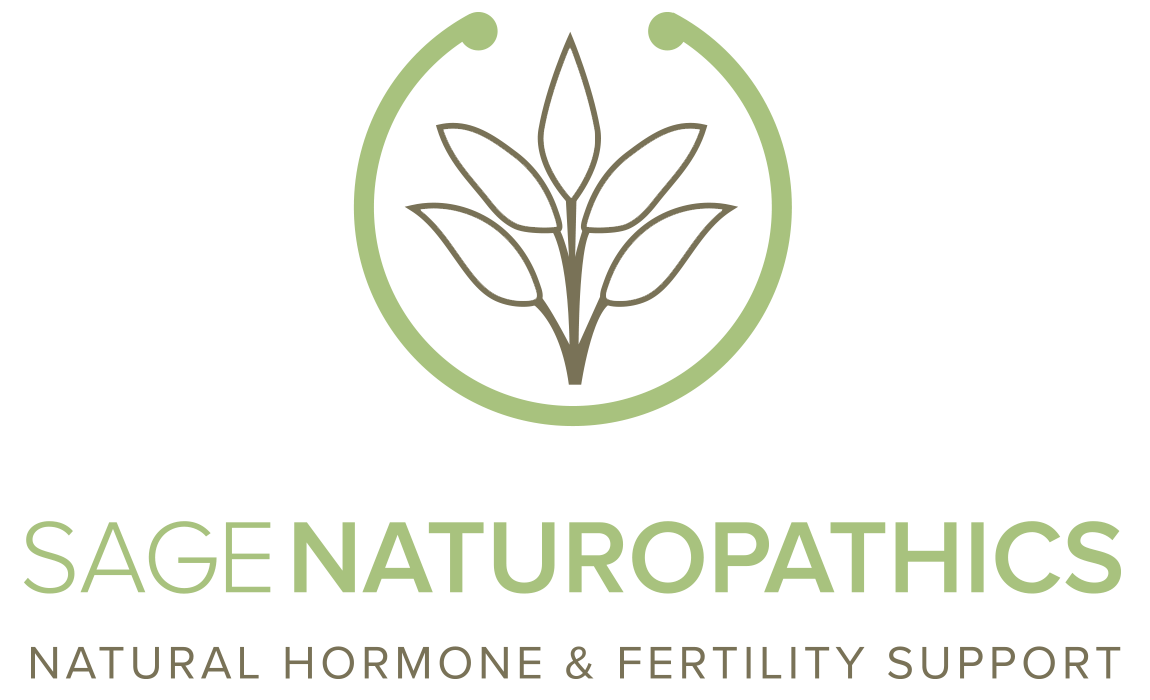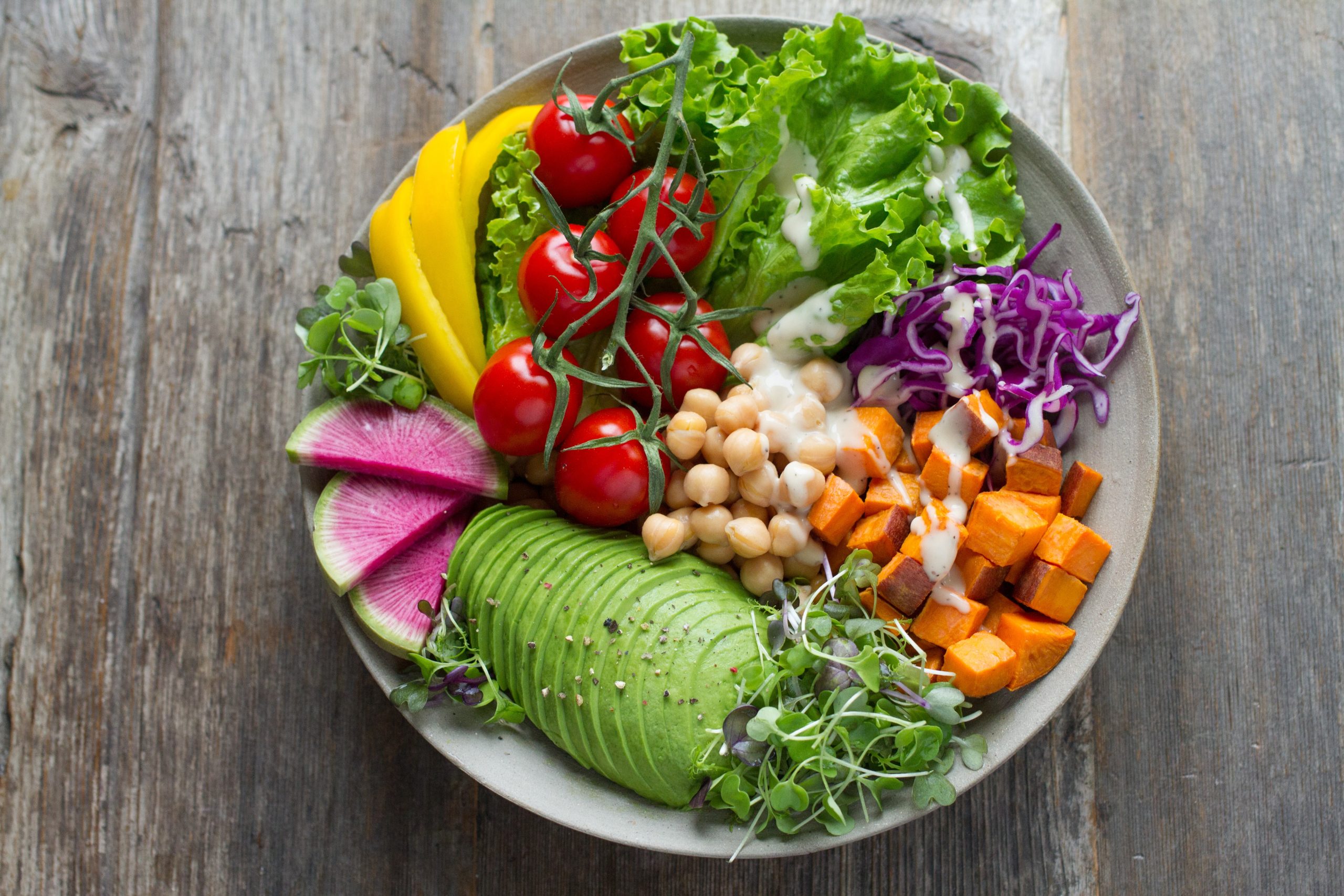No matter what diet you choose, nutrition plays such an important role when trying to conceive as well as throughout the pregnancy and postpartum journey. This is especially important when choosing to eat a plant-based/vegan/vegetarian diet as it can take some extra planning to make sure you are eating all your required nutrients to support a healthy pregnancy.
When it comes to pre-conception care, it is best to start thinking about optimising your diet at least 3 months before falling pregnant as this is how long it takes for an egg to mature. However, it is never too early to start thinking about optimising your fertility especially when it comes to nutrition.
If you are choosing to eat a plant based diet, here are some important nutrients to include in your diet every day to help boost your fertility.
IRON: Iron requirements almost double during pregnancy so it is important to optimise your levels during the preconception stage to avoid deficiency. Foods to focus on include pumpkin seeds, tofu, beans, lentils and almonds. Obtaining enough iron from your diet can be difficult and supplementation may be required (always get a blood test first before supplementing!).
FOLATE: Folate is essential for the growth and development of a baby’s brain and spinal cord. Supplementing with folate is essential during preconception and pregnancy however focusing on high folate foods such as broccoli, spinach, asparagus, chickpeas and beans can help to further boost your levels.
CHOLINE: Choline plays a huge role in brain and nervous system development and deficiency throughout pregnancy can significantly impact children’s learning and memory. Choline can be found in foods such as soybeans, broccoli and kidney beans
IODINE: Iodine is an essential nutrient for our thyroid hormone production and can be difficult to obtain on a plant-based diet. Seaweeds are the best sources of plant based iodine. Think Dulse flakes sprinkled on top of scrambled tofu or nori sheets on top of a sushi bowl!
OMEGA 3’s: Omega 3’s play such an important role as a anti-inflammatory and can help improve egg quality and support a healthy pregnancy. Good sources of plant-based omega 3’s include hemp seeds, chia seeds and flax seeds which can be added to your morning smoothies, on top of oats or sprinkled on salads.
It takes two to make a baby which means that your male partner’s nutrition is just as important. Sperm takes about 60-70 days to mature so the 2-3 months leading up to conception are just as important for him. When it comes to sperm health, boosting antioxidants in the diet is key. Think of nutrients such as zinc (semen contains a heap of zinc!), Vitamin C, Vitamin E and selenium.
Here are some foods to focus on for sperm health
ZINC – pumpkin seeds, lentils, walnuts, chia seeds and quinoa
VITAMIN C – oranges, kiwi, red capsicum, broccoli
VITAMIN E – sunflower seeds, almonds and avocados
SELENIUM – brazil nuts (aim for 2-3 nuts per day)
Should I eat a plant-based diet when trying to conceive?
Plant-based diets are often criticised for not providing enough nutrients for pregnancy however this could not be further from the truth. A well-planned, plant-based diet can provide all the required nutrients for a healthy pregnancy. Whether you are male or female trying to support your fertility, it is important to not only focus on the nutrients above but also make sure you are eating a wide range of whole foods high in protein, healthy fats and fibre to help support optimal hormone health and general wellness. Each of your meals should be a balance of these three macronutrients (protein, fats, carbohydrates) and should include minimal amounts of processed food (I’m looking at you vegan sausages!).
Should I be supplementing?
At a minimum, I would suggest looking at adding in a prenatal supplement to your regime at least 3 months before conception. When looking for a prenatal supplement I would suggest avoiding any containing folic acid as this form is poorly absorbed and look for ones that contain folinic acid (the active form of folate) as well as choline. For any further support, it is best to consult with a naturopath so your supplements can be specifically tailored to your needs.
In Summary
Plant-based diets are well equipped to support you and your partner during preconception and pregnancy. It is important to focus on nutrients that support fertility and to make sure you are eating a wide range of whole foods high in protein a healthy fats to help support your overall health and to look at supplementing with a good quality prenatal at least 3 months before conception.




